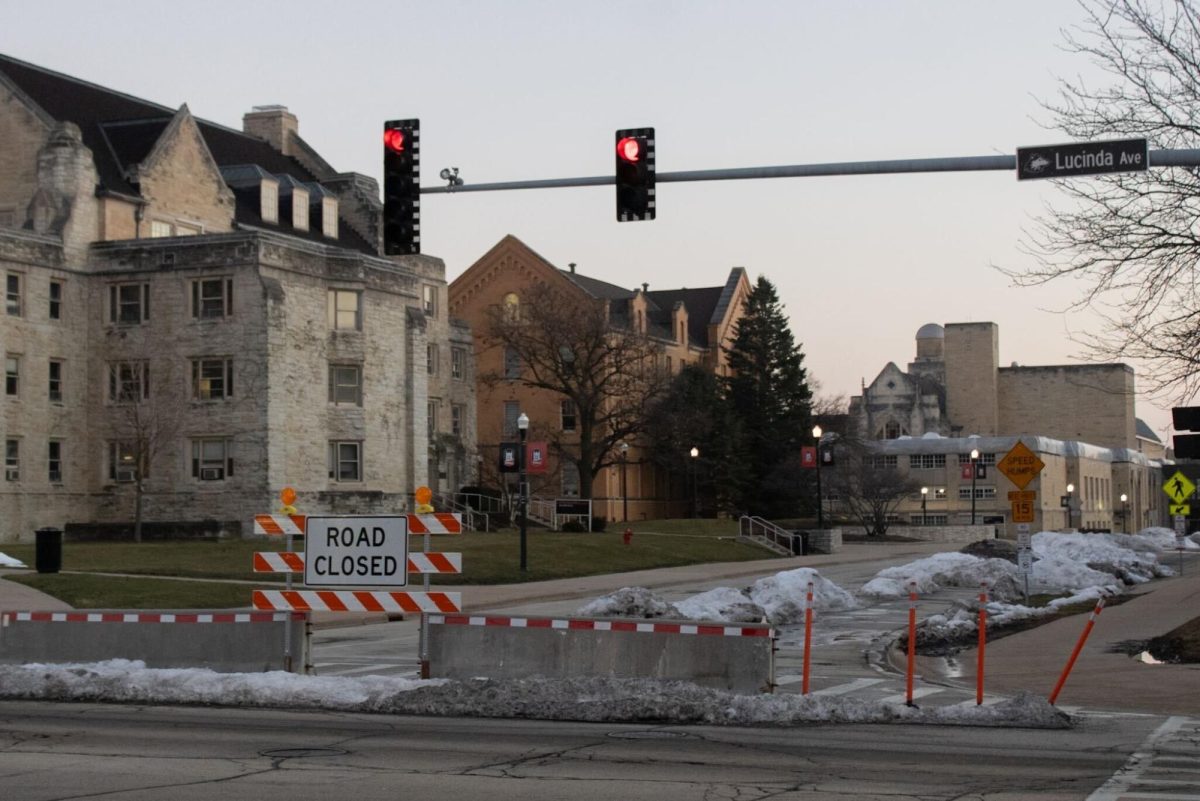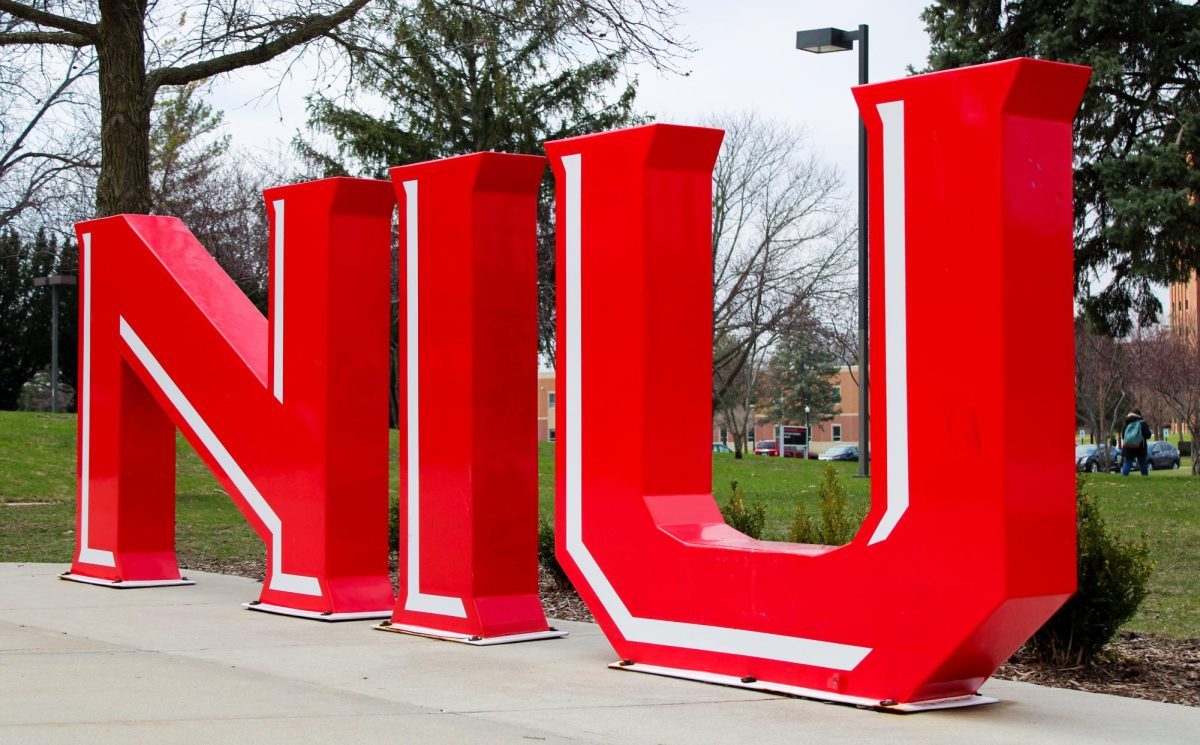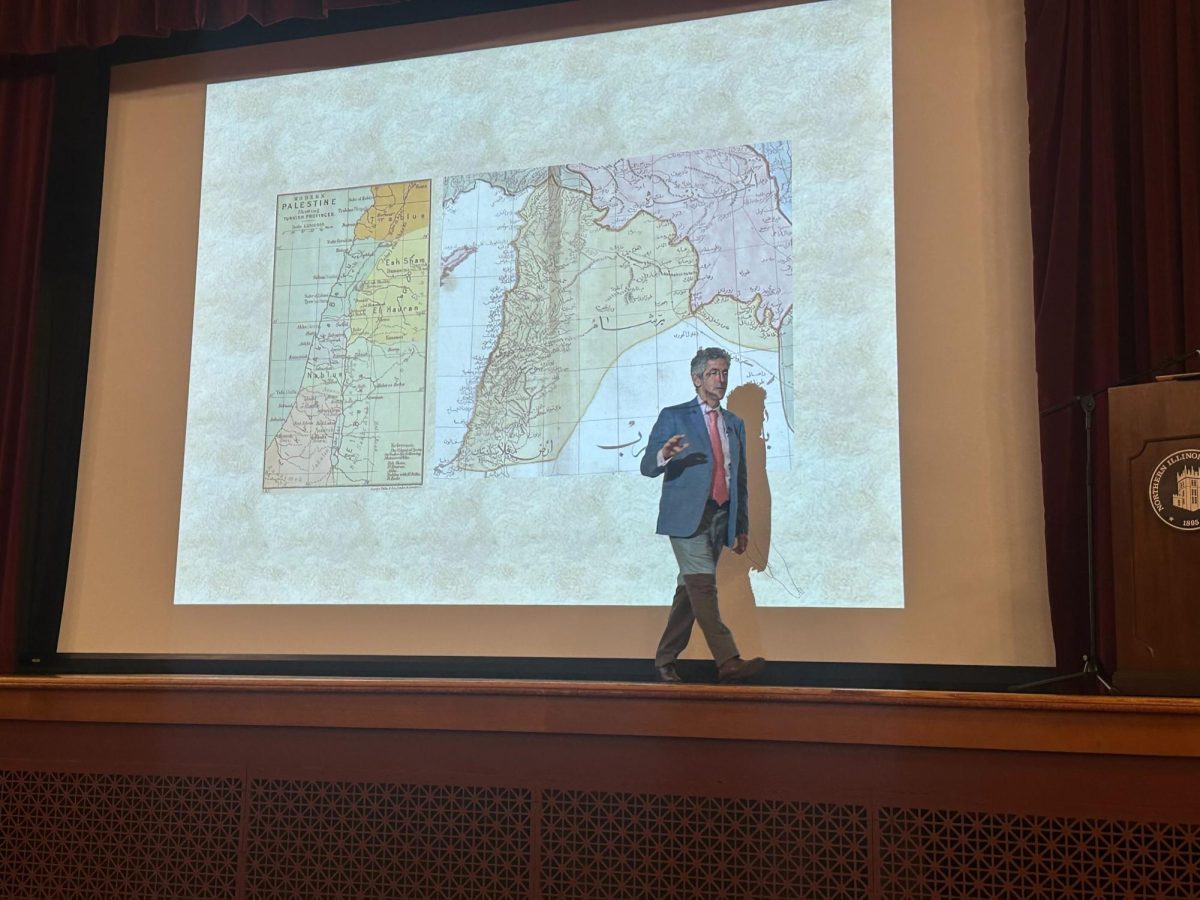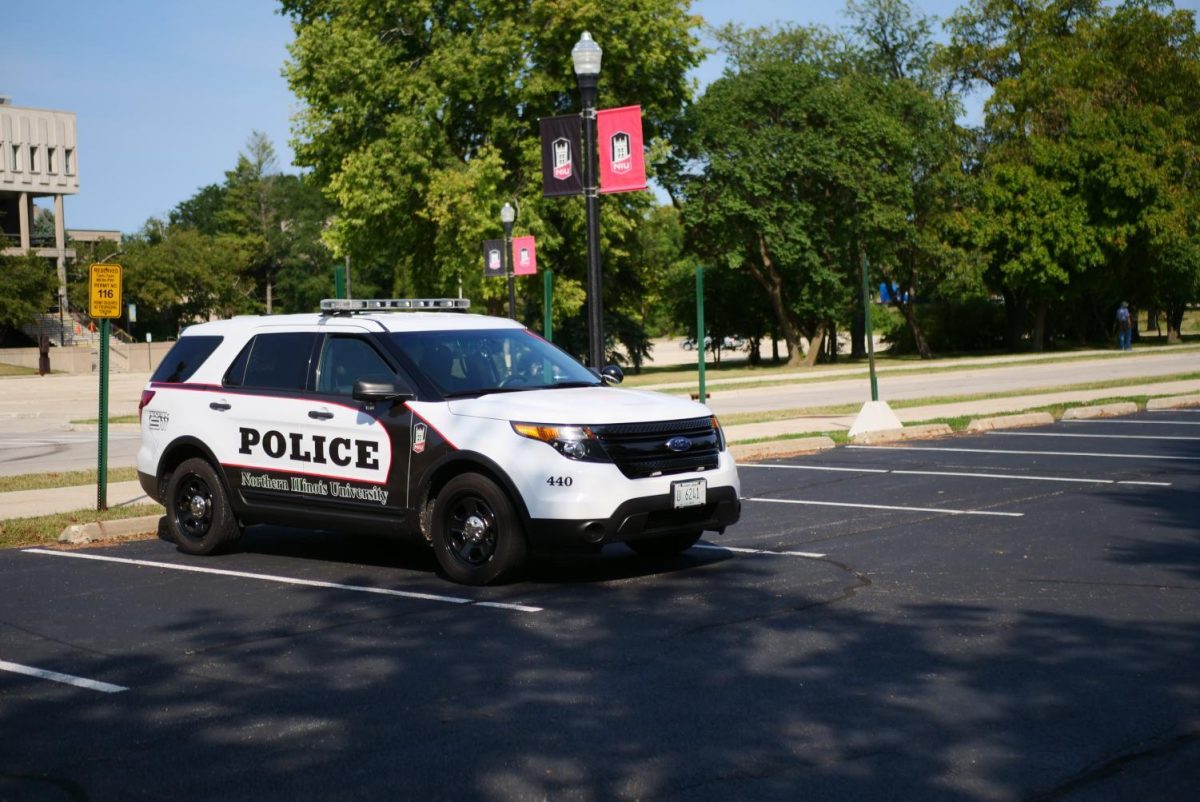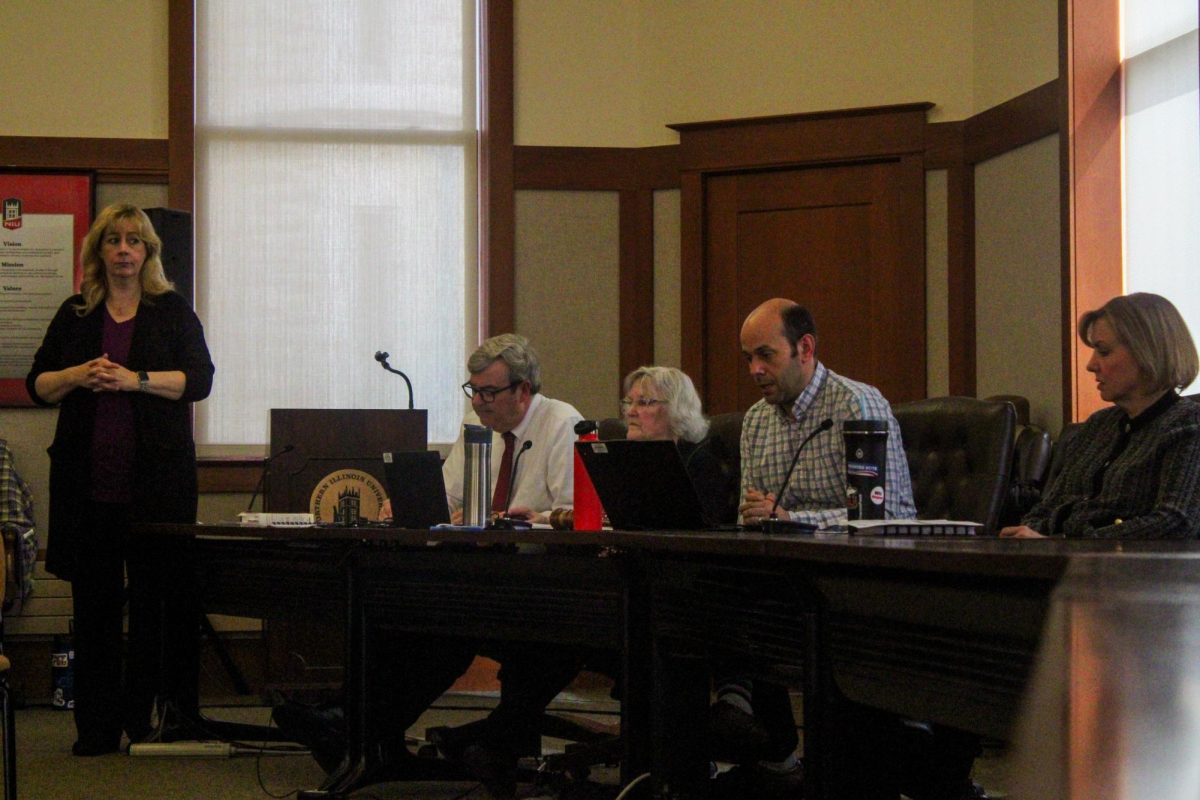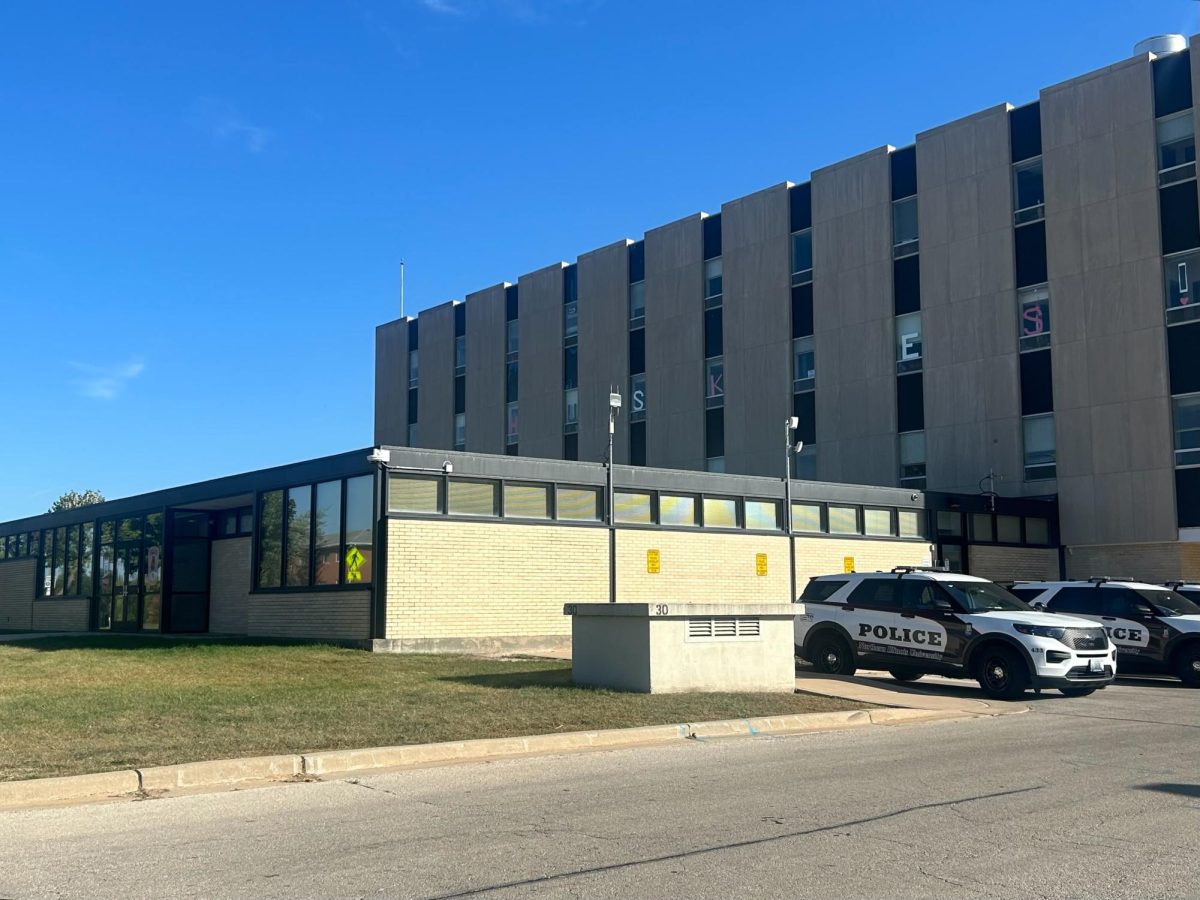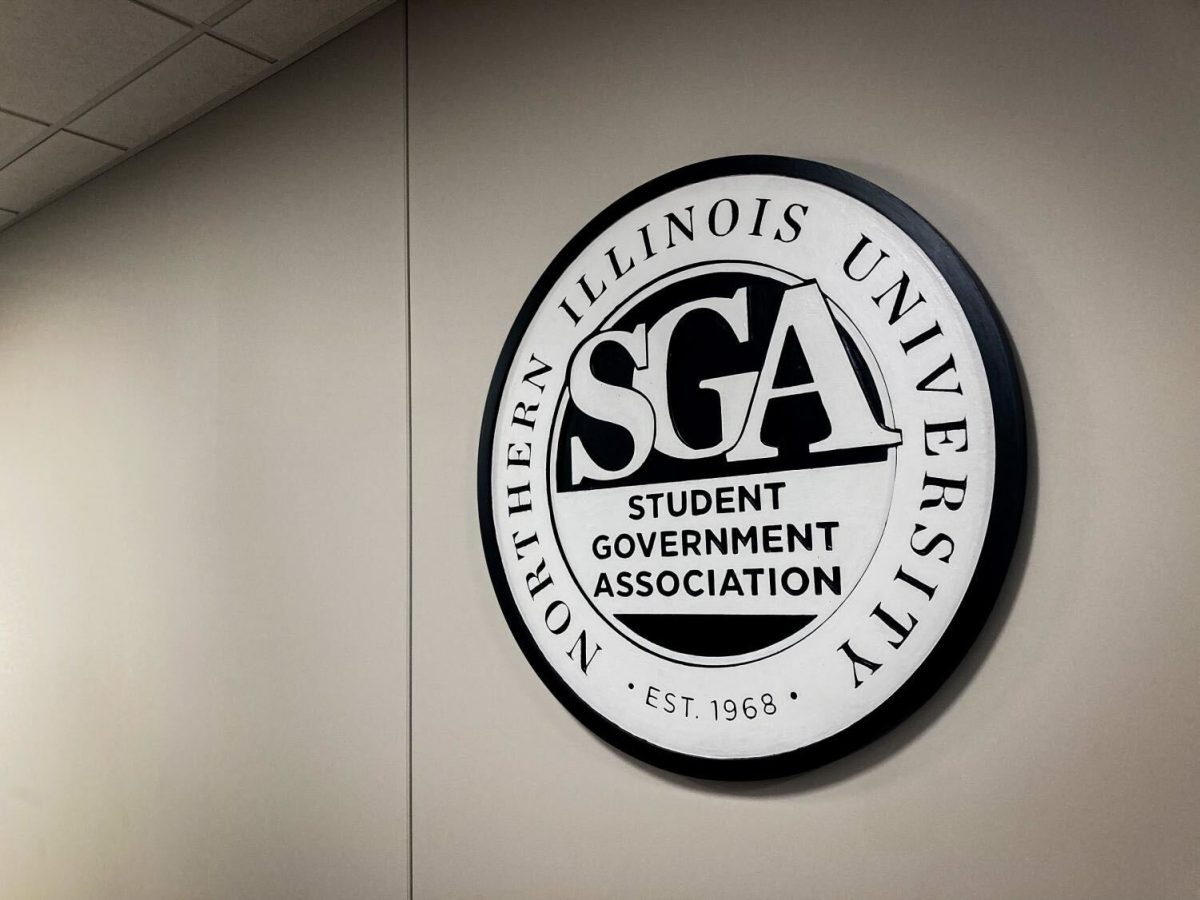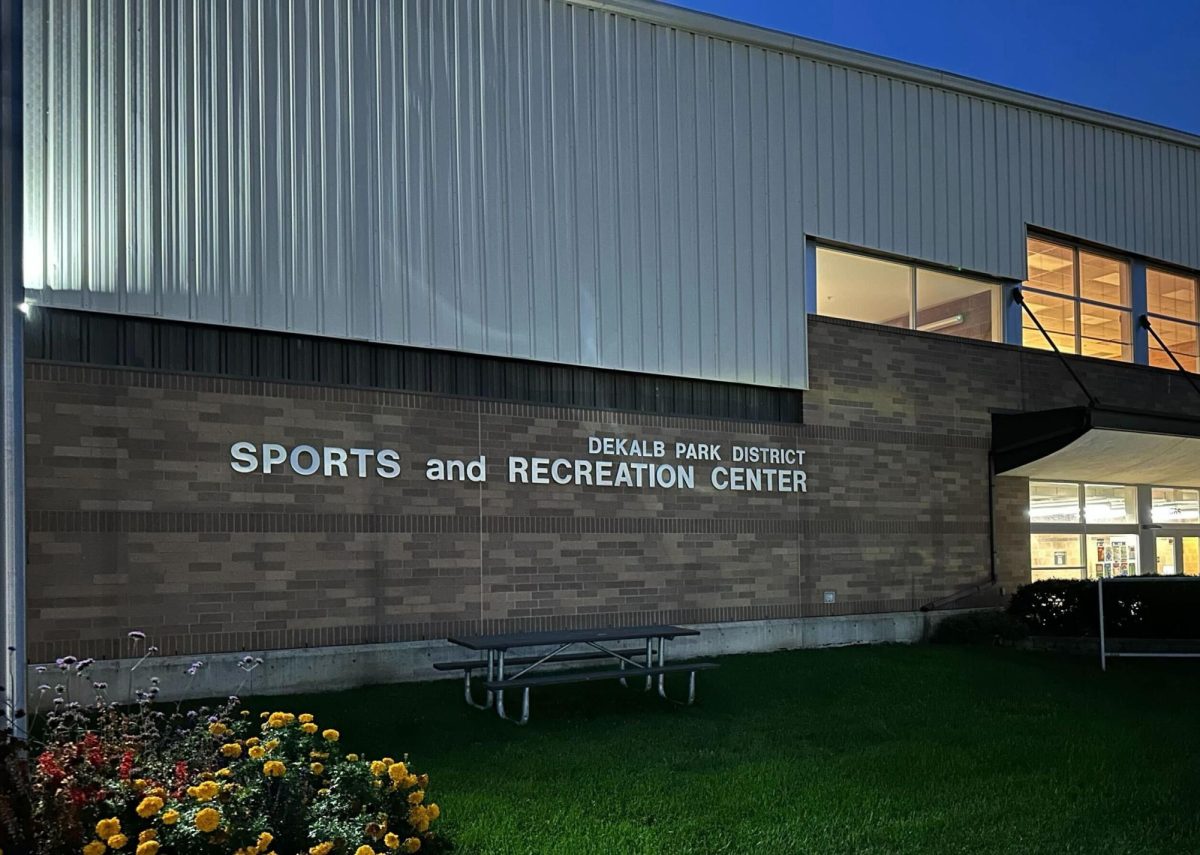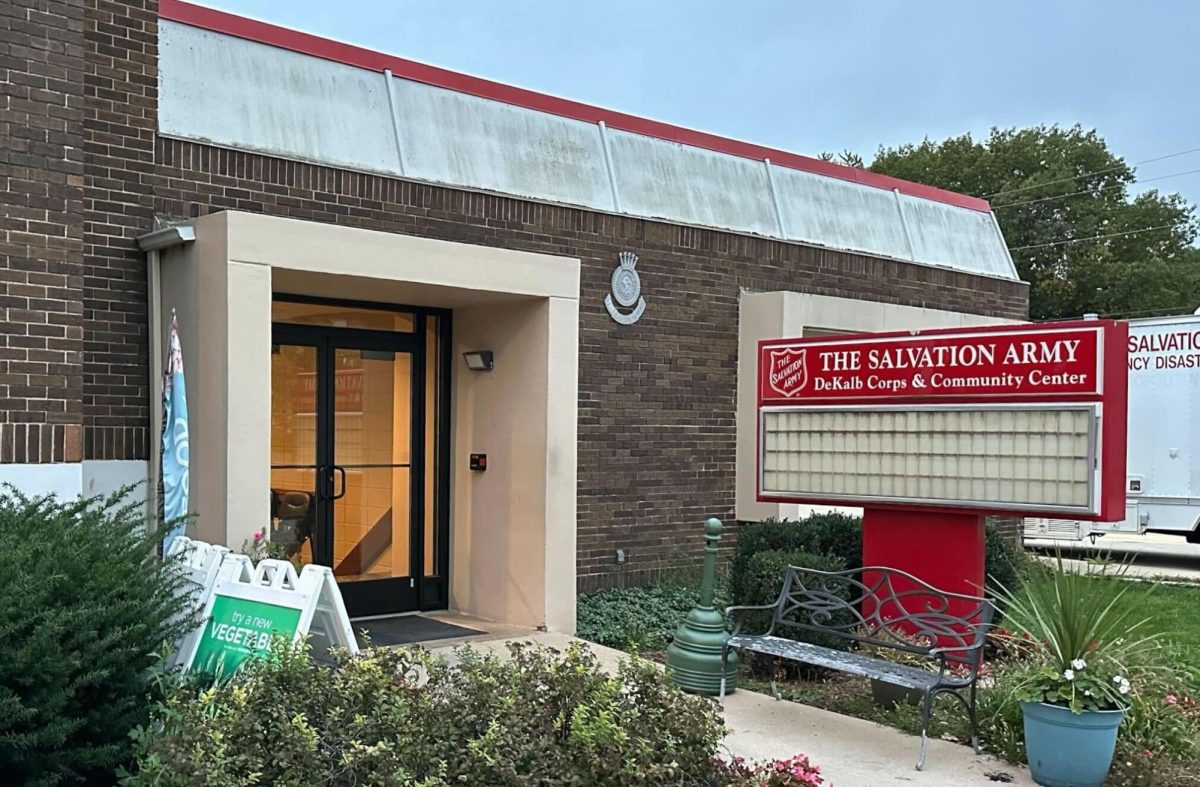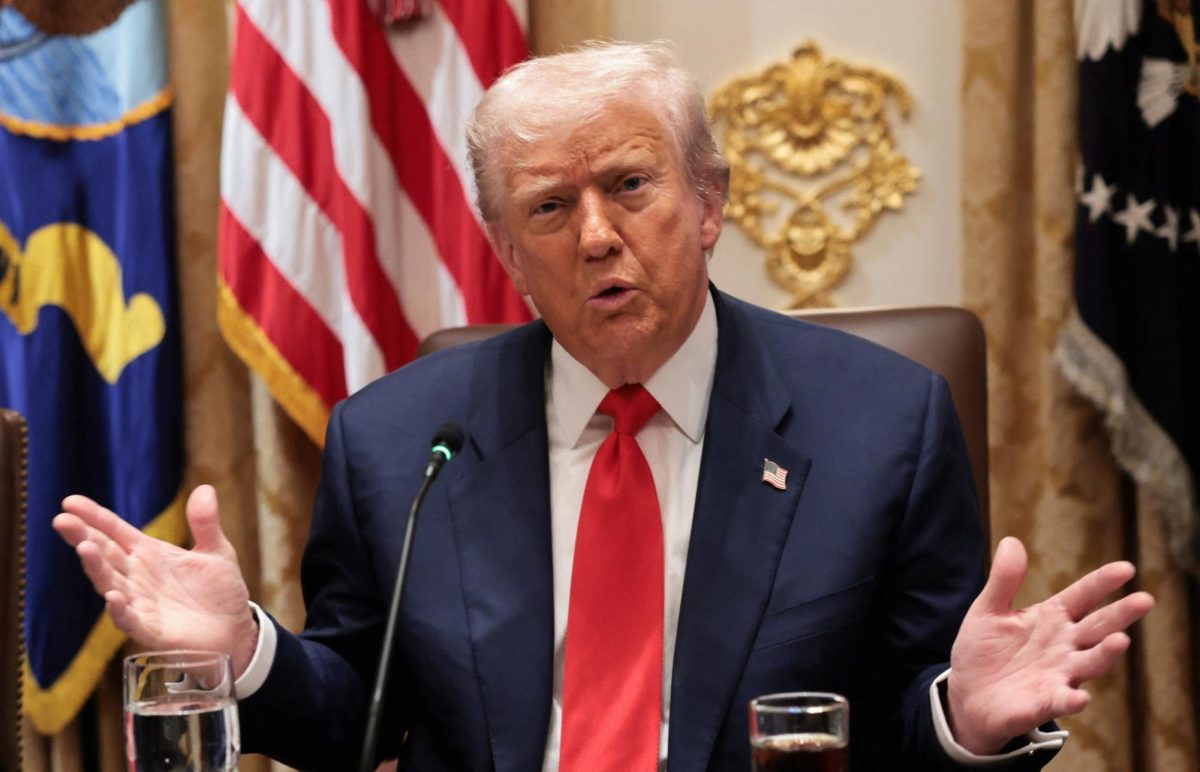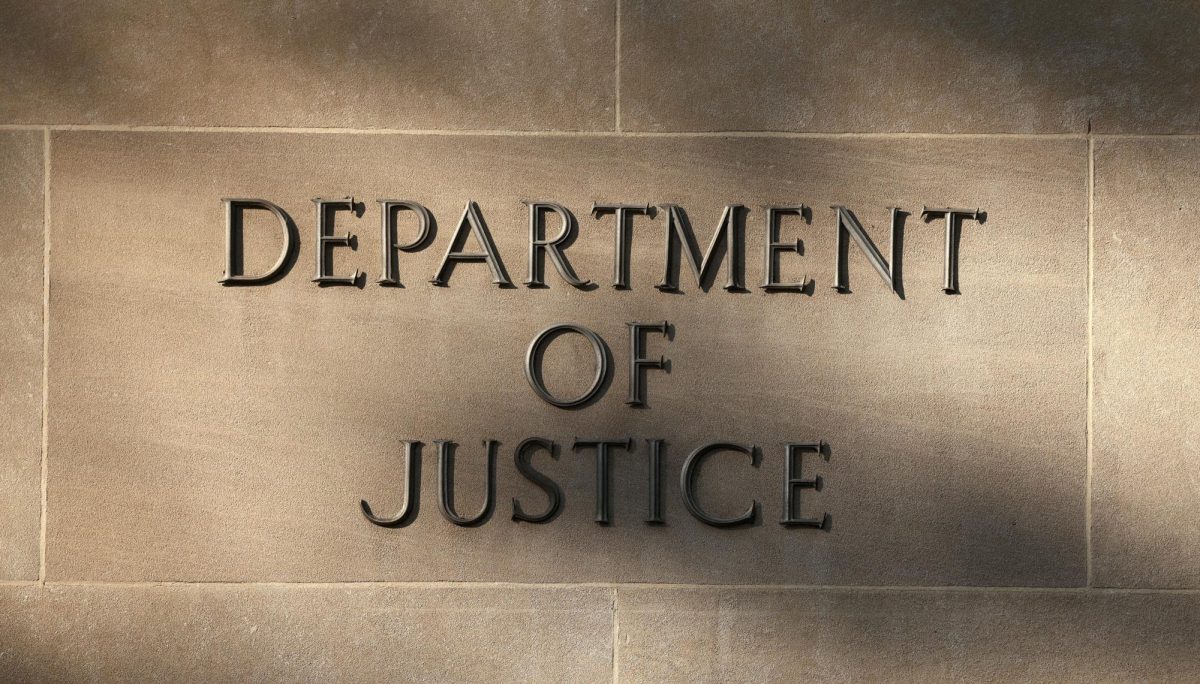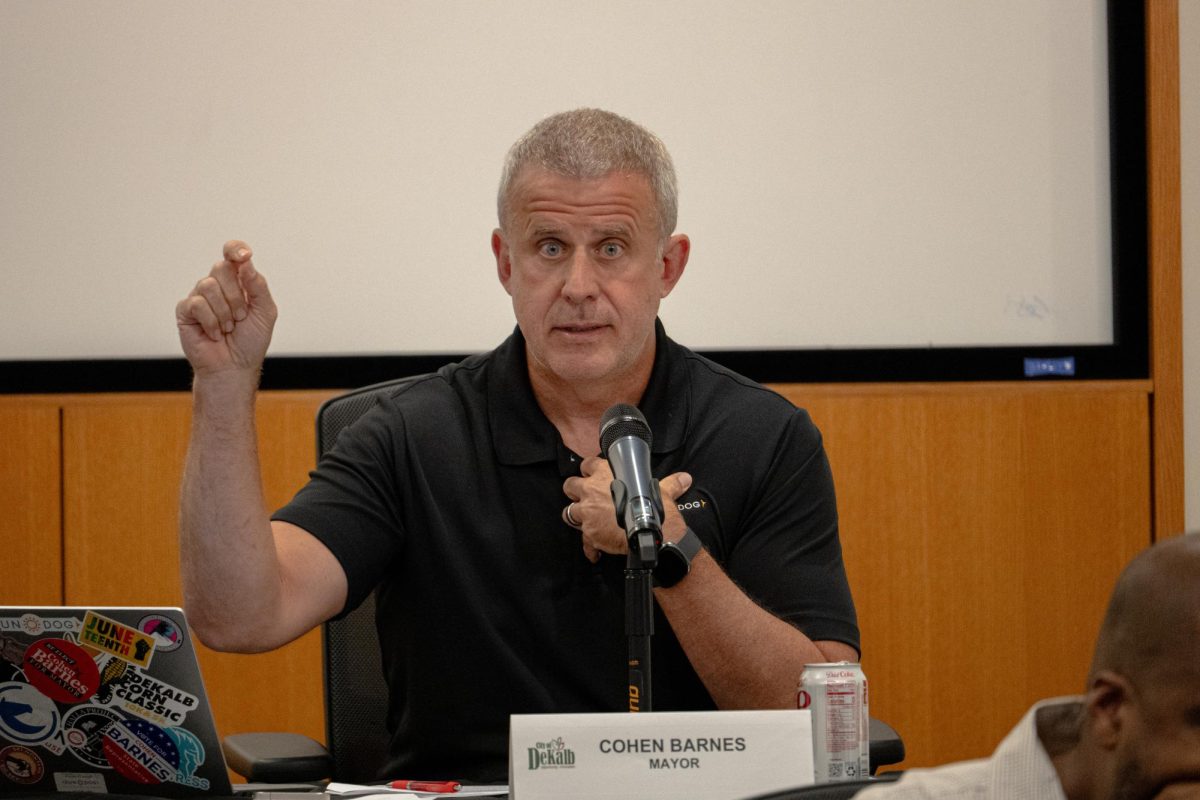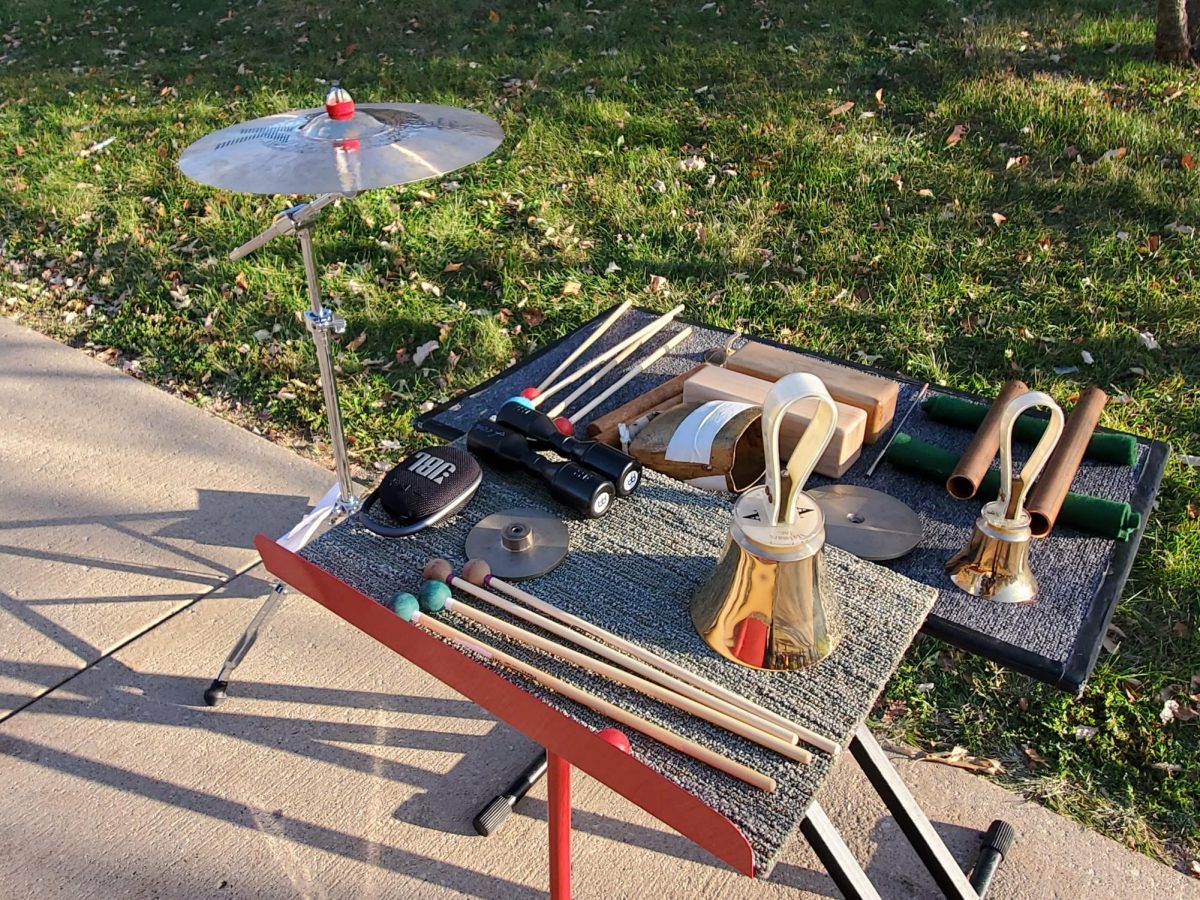DeKALB – NIU’s 10-day enrollment report made small impacts at the University Council meeting Wednesday.
Interim Executive Vice President and Provost Laurie Eilish-Piper in place of President Lisa Freeman shared the enrollment statistics for the spring 2024 semester.
NIU’s total spring enrollment was 1% lower than last year’s total of 14,364 students. Eilish-Piper said while graduate enrollment was lower, undergraduate enrollment was up by seven students.
“We’re up a total of seven (undergraduate) students from where we were last year, but as we know, every student counts,” Eilish-Piper said.
Following enrollment updates, Vice President and Chief Financial Officer George Middlemist and Associate Vice President Facilities Management and Campus Services John Heckmann shared plans for future possible renovations to Normal Road.
Heckmann announced hopeful plans to turn Normal Road into a “green space” in addition to the current plans of repaving the road to become a sidewalk area. Heckmann accredited the success of Food Truck Wednesdays as a reason for the university to open an event venue within the space.
“It (Normal Road’s closure) gave the campus an opportunity to start re-envisioning what the center of campus could be, what the MLK Commons could be (and) how we could use that space for event purposes and other reasons,” Heckmann said.
The contract for the resurfacing of Lucinda and construction of the roundabout is expected to be up for bid in Spring 2024, while a timeline on Heckmann’s presentation indicated construction for the Lucinda roundabout was projected for summer 2024.
Renovations to the closed portion of Normal Road were proposed for summer 2025.
Heckmann emphasized design considerations would be determined and funded by the city which still owned the street. But he said discussions involving the Americans with Disabilities Act accommodations and how emergency vehicles would reach the street would be planned at a later time.
“It (construction) was something that we work in partnership with the city, and as they have money available for the transformation of the intersection at Lucinda or the transformation of the closed section of Normal, we’ll have to work within their timelines and available funding,” Heckmann said.
Rather than an interest, faculty lined up to express their long-held complaints many held since the road was closed.
Theresa LaRocco, the enrollment/records coordinator for the Graduate School and a resident of Swen Parson Hall, voiced her concerns over the accessibility between the parking garage and Normal Road. She said her concerns were ignored by upper leadership.
“It has become dangerous trying to leave the parking garage because of the way the traffic pattern has been sent,” LaRocco said. “The sidewalks that are crumbling because the trucks are going over them, creating more accessibility issues. And I sent this and I got no response, and that’s really where a level of frustration has come from.”
Faculty additionally voiced complaints about the Lucinda bridge closure that occurred to many “without any warning.”
Gregory Beyer, professor and director of Percussion Studies in the School of Music, told council members he had seen cars drive onto the sidewalk of Lucinda bridge, confused by the signs meant to deter drivers.
“Rather than stop and turn around and go back down the road that’s in between Gilbert in the (Jack Arends Hall) Art building, they literally drove their cars down the sidewalk,” Beyer said. “If there had been pedestrians there, and that could have been extremely problematic, it would be a liability for the university for sure.”
Beyer went on to voice his concerns surrounding the drawbacks of the many construction projects visitors would judge the university for.
“It doesn’t really send the right kind of messaging for focusing families,” Beyer said. “So because this is recruiting season, this is a timely issue.”
Heckmann admitted to the bad timing of the roundabout’s timeline since discussions for Normal Road’s closure occurred during the summer when many faculty were on break.
“I think the timing also fell – had a really bad communications timing,” Heckmann said. “It came in the summer when faculty aren’t here and students aren’t here, and so could we have worked with the city to say, ‘hey, the time – we love the thoughts that you’re bringing to us. The timing is not perfect. Can we think about how we do this?’”
Middlemist and Heckmann promised faculty accommodations would be a significant part of city conversations moving forward.
The next University Council meeting will be at 3 p.m. Feb. 28 at Altgeld Hall, Room 315.


